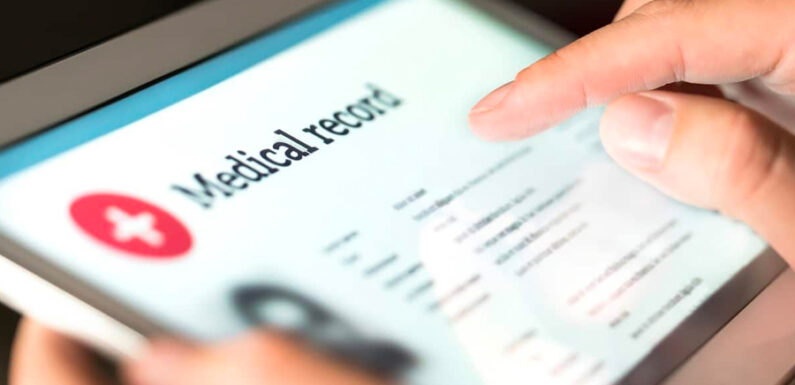
Electronic medical records (EMRs), which store patient data electronically, are essential for modern healthcare. They are a great way to streamline data management and documents, so doctors can access patient data from wherever they are.
An EMR can be customized to meet specific needs, unlike paper charts. An EMR for pediatrics will have templates that can be used by doctors who work with children. A cardiology EMR will include templates for patients with cardiovascular conditions. EMRs for specialty-specific patients may be streamlined and include clinical decision support and ancillary services tailored to a particular group of doctors.
EMR Improves Performance and Efficiency for Health Care Providers
EMRs, unlike paper-based medical records, allow doctors to have access to all of the patient’s medical information at their fingertips. This prevents data loss and allows for information management between departments and providers. EMR facilitates horizontal integration and streamlines communication between team members. Healthcare providers need to make cultural changes at the practice level to take full advantage of EMR’s advanced functions. This includes changing behavior norms and compacts.
Many specialties use EMRs, but the proportion of pediatricians using them is the lowest. EMR users are more likely to report that the program has helped them improve their care. E-mail and telephone communication have increased, which is crucial for patient-centric care. An increase in patient-centered communication is associated with an EMR, which results in fewer office visits and better overall productivity.
EMR developers are working to improve patient care while preserving traditional revenue streams and authority. EMRs can also provide information to patients that allow providers to concentrate on complex patients.
CONCLUSION
An EMR can help you save time, increase patient safety, and reduce errors. EMRs will allow medical professionals to see more patients and reduce the time spent searching for reports or results. EMRs will simplify administration by linking patient records to insurance claims and scheduling. It will minimize follow-up calls by physicians and help to reduce lost messages.
EMR also offers many other benefits, such as improved patient access, secure communication between providers, and patient-centered workflow. EMR systems can also provide medication error alerts and reminders for patients, which can help doctors save time and money.
Visit EMR Philippines to learn more about EMR and where you can find the best EMR Philippines.

